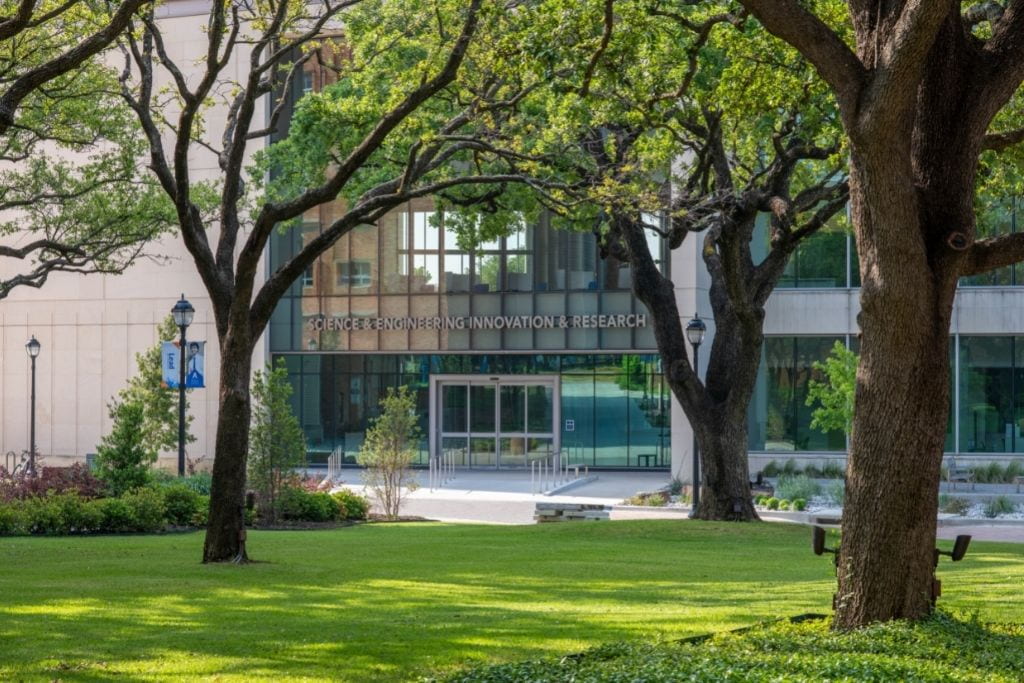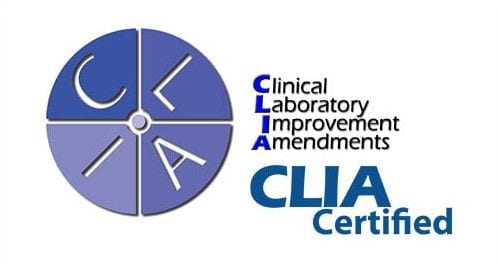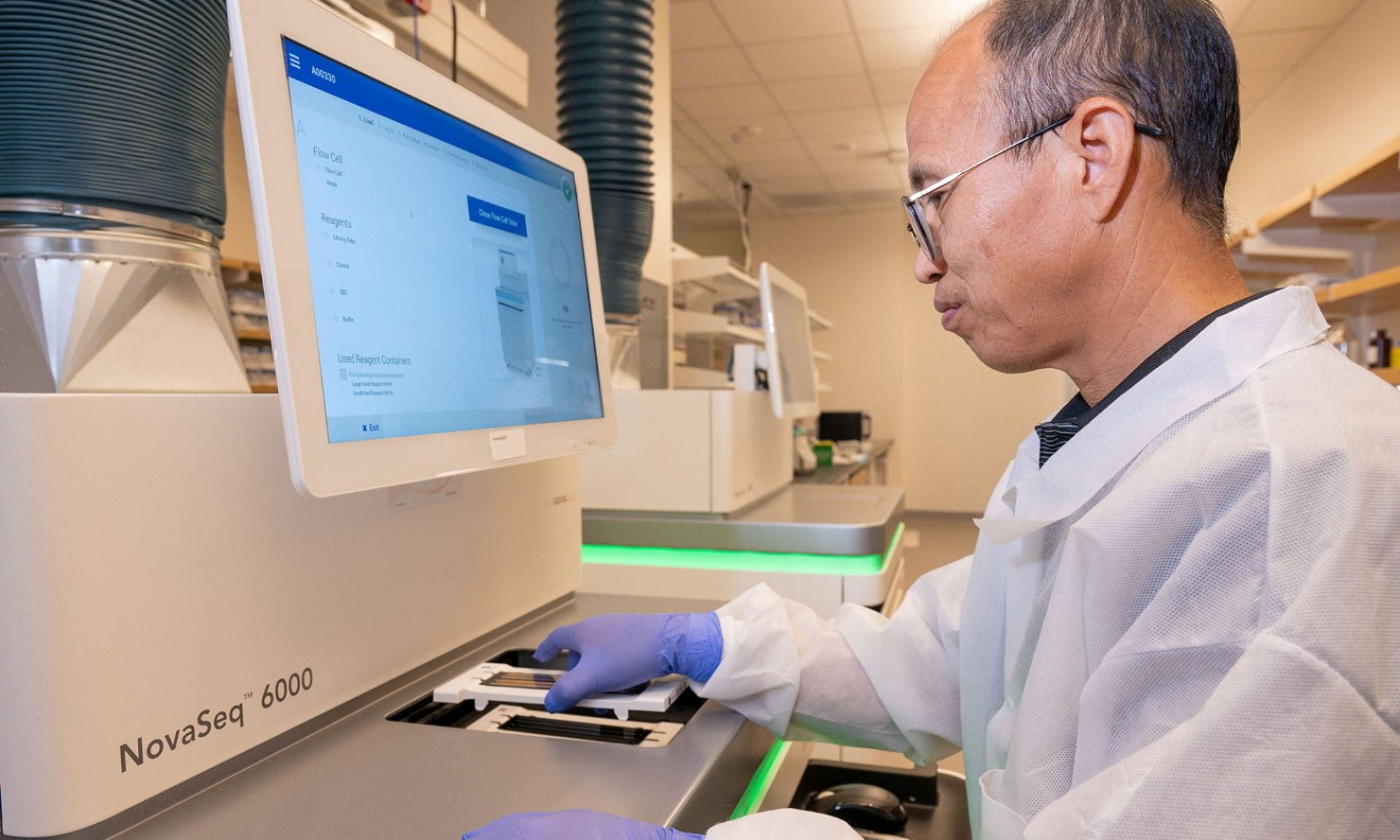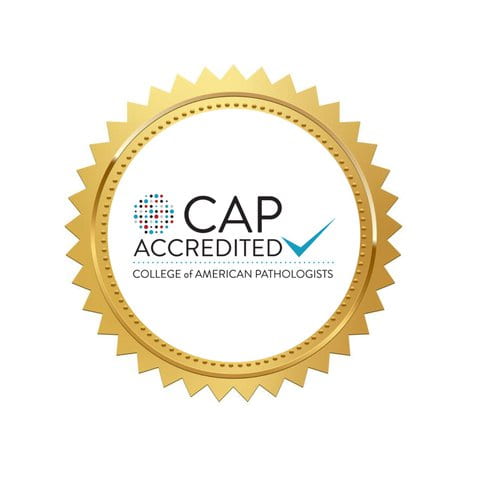A powerhouse for genomics research
The North Texas Genome Center (NTGC) represents a collaborative venture between multiple universities, medical centers, and corporate partners to establish a center of excellence for genomics and high throughput sequencing.
As a CLIA-accredited facility, the NTGC is uniquely positioned to support and serve the North Texas community and its health care providers during the ongoing coronavirus (COVID-19) outbreak.
The power of the genome
The NTGC, a foundational element of UTA’s Science & Engineering Innovation & Research (SEIR) building, features two NovaSeq 6000 genome-scale sequencing systems, which is the most powerful line from Illumina, the world leader in genome sequencing technology. As one of only a few centers in the central U.S. featuring NovaSeq6000’s platform, the NTGC has the capacity to sequence over 10,000 human genomes annually.
Through the Texas Genomics Core Alliance formed with Texas A&M University, the NTGC offers high-speed and low-cost library preparation and sequencing services. This partnership provides sequencing as a service to enhance innovation across the biotechnology and biomedical industries.
Understanding genetic variation can lead to faster diagnoses, improved treatment outcomes and, ultimately, lower medical costs for the patient and treatment providers. Through the Texas Genomic Core Alliance, the NTGC has the power and technology to be a leader in the integration of whole genome sequencing into routine clinical practice.
Harnessing the future of health care

The NTGC is a research center dedicated to performing population-based genomic studies. Through various research collaborations, the NTGC conducts research in areas of disease prevention, cancer genomics, immunogenetics and fundamental aspects of genetics. The NTGC houses a variety of high-end research instruments and a team of research staff to assist in sequencing projects and data analysis. The NTGC staff work with students in planning experiments and help to mentor student research experiences in genomics and bioinformatics.
Covid-19 Testing
At the start of the pandemic in 2020, The University of Texas at Arlington leveraged the expertise and resources of its North Texas Genome Center (NTGC) to bolster UTA’s on-campus COVID-19 testing capabilities.
Empowered by certification under the Clinical Laboratory Improvement Amendments (CLIA), the NTGC is established on-site COVID-19 test processing to help provide for the safe repopulation of the UTA campus and to assist local public health agencies.
Over the course of three months, the NTGC established operations for COVID-19 rapid testing. The equipment acquired by the NTGC—two ThermoFisher 7500Fast rtPCR Instruments—gave it the potential to analyze at least 500 samples per day at full capacity.
Accreditation
Clinical Laboratory Improvement Amendments (CLIA)
The Centers for Medicare & Medicaid Services (CMS) regulates all laboratory testing (except research) performed on humans in the U.S. through the Clinical Laboratory Improvement Amendments (CLIA). In total, CLIA covers approximately 260,000 laboratory entities. The Division of Clinical Laboratory Improvement & Quality, within the Quality, Safety & Oversight Group, under the Center for Clinical Standards and Quality (CCSQ) has the responsibility for implementing the CLIA Program.
The objective of the CLIA program is to ensure quality laboratory testing. Although all clinical laboratories must be properly certified to receive Medicare or Medicaid payments, CLIA has no direct Medicare or Medicaid program responsibilities.

College of American Pathologists (CAP)
The College of American Pathologists (CAP) is led by experts in laboratory and biorepository accreditation. Built on more than a half-century of experience, the CAP’s Laboratory Accreditation Program has been the champion of laboratory excellence. CAP is recognized as the global leader in improving the quality of services using established performance standards. Its programs provide an engaging, dynamic, collaborative process that fosters an environment of continuous improvement.

